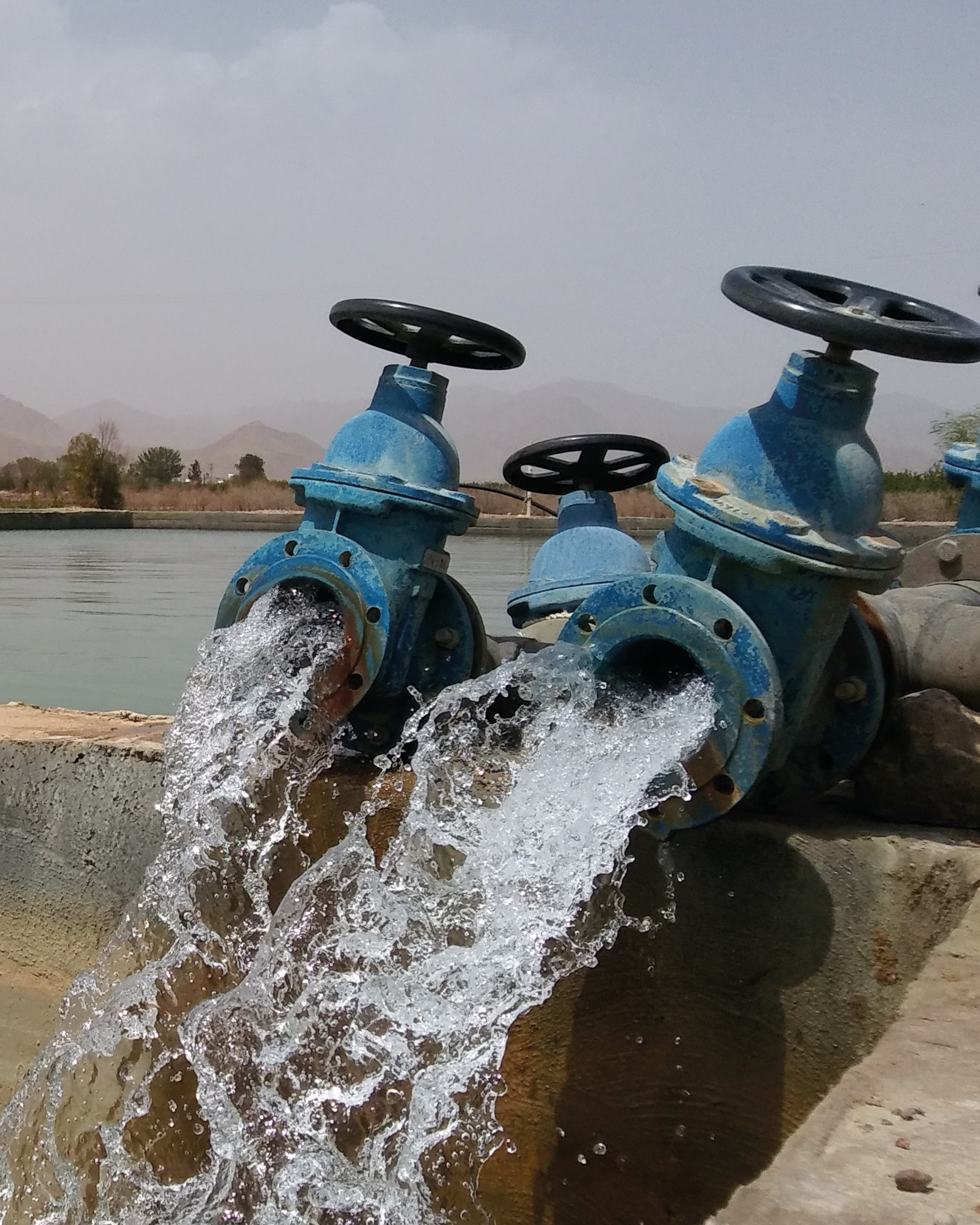

Downloads
DOI:
https://doi.org/10.58981/bluepapers.2023.1.14Published
Issue
Section
License
Copyright (c) 2023 Majid Labbaf Khaneiki, Abdullah Saif Al-Ghafri

This work is licensed under a Creative Commons Attribution 4.0 International License.
How to Cite
Abstract
This article addresses how ideology affects local water governance, focusing on a groundwater basin in central Iran. It offers a case study of a symbiotic relationship between upstream and downstream communities, allowing a sustainable form of water governance. The cooler weather, better pastures and greater amount of precipitation of the basin upstream drew nomadic communities, whose economy was not dependent on irrigation. Downstream, fertile soil and warm weather favored agriculture with a high demand for water that was supplied by the groundwater transferred from the basin upstream. The exchange of livestock products and agricultural goods between the basin’s upstream and downstream areas systematically tied their economic systems. However, Iran’s 1979 revolution brought a hybrid leftist-Islamist ideology that unbalanced this traditional relationship through the reorganization of geographical space. The upstream communities were encouraged to cultivate their pastures, which led to a boom in the number of irrigation wells. The downstream villages were persuaded to adopt a new cropping pattern that turned most of their water-efficient vineyards into apricot orchards with high water demands. Therefore, an abrupt increase in water demand in the basin upstream and downstream thwarted the cooperation between the two areas and drove the basin into “the tragedy of the unmanaged commons.”
References
Andish, Kheyr, and Seyyed Mahdi. 2016. At the Base of Mountains: Historical and Cultural Geography of Eqlid. [In Persian] Shiraz: Navid Shiraz Publication.
Hardin, Garrett. 1968. “The Tragedy of the Commons.” Science 162, no. 3859: 1243–48.
Kiani, Tayyebeh, Mohammad Hossein Ramesht, Amjad Maleki and Farideh Safakish. 2016. “A Study of Climate Change-Induced Environmental Risks in Abarkooh Basin.” [In Persian] Geography and Development 43 (July): 19–34.
Labbaf Khaneiki, Majid, Abdullah Al-Ghafri, Björn Klöve and Ali Torabi Haghighi. 2022. “Sustainability and Virtual Water: The Lessons of History.” Geography and Sustainability 3, no. 4: 358–65.
Lin, Hebin. 2012. “The Global Science of Integrated Water Governance.” Environmental Science and Engineering 10B: 1167.
Mortazavizadeh, Fatemeh, Amir Ali Fattahi and Seyyed Amir Shamsnia. 2013. “Groundwater Depletion and Earth Subsidence in the Abarkooh Plain.” 2nd National Conference on Sustainable Development in the Arid and Semi-Arid Regions, Abarkooh. (in Persian)
Ostrom, Elinor. 1990. Governing the Commons: The Evolution of Institutions for Collective Action. Cambridge: Cambridge University Press.
Sherafat, Matin, Abdolhamid Ansari, Hossein Mojtahedzadeh and Ahmad Ghorbani. 2020. “Study of Subsidence of Abarkooh Plain of Yazd Using the Synthetic Aperture Radar Interferometry Method.” Quaternary 6, no. 2: 185–204.
Tezanjani, Morteza Fallahpoor, and Fatemeh Barzegari. 2022. “Evaluation of Land Subsidence in Abarkooh Plain Using Radar Differential Interferometry Technique and GIS.” Desert Management 9, no. 4: 63–78.


